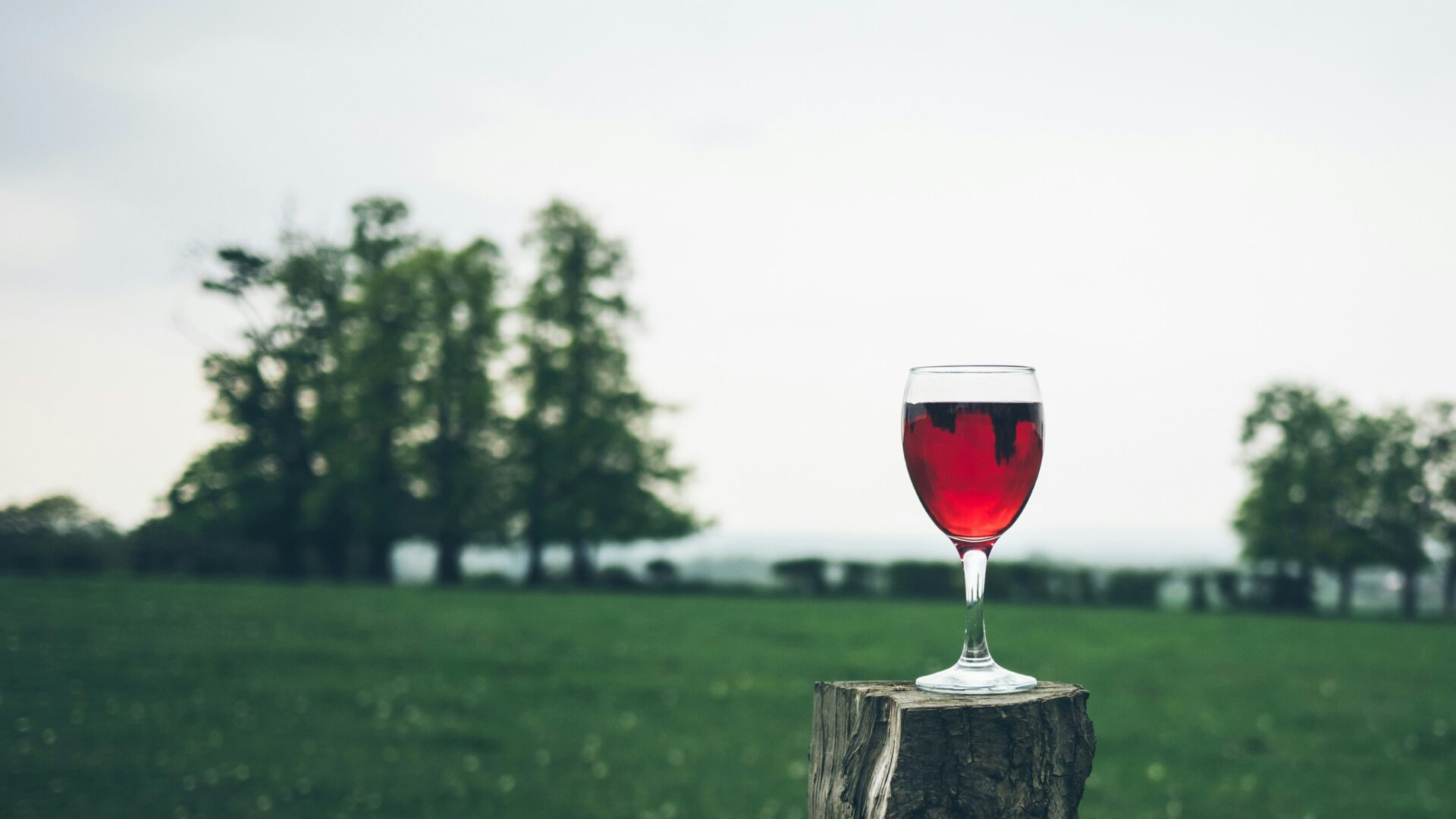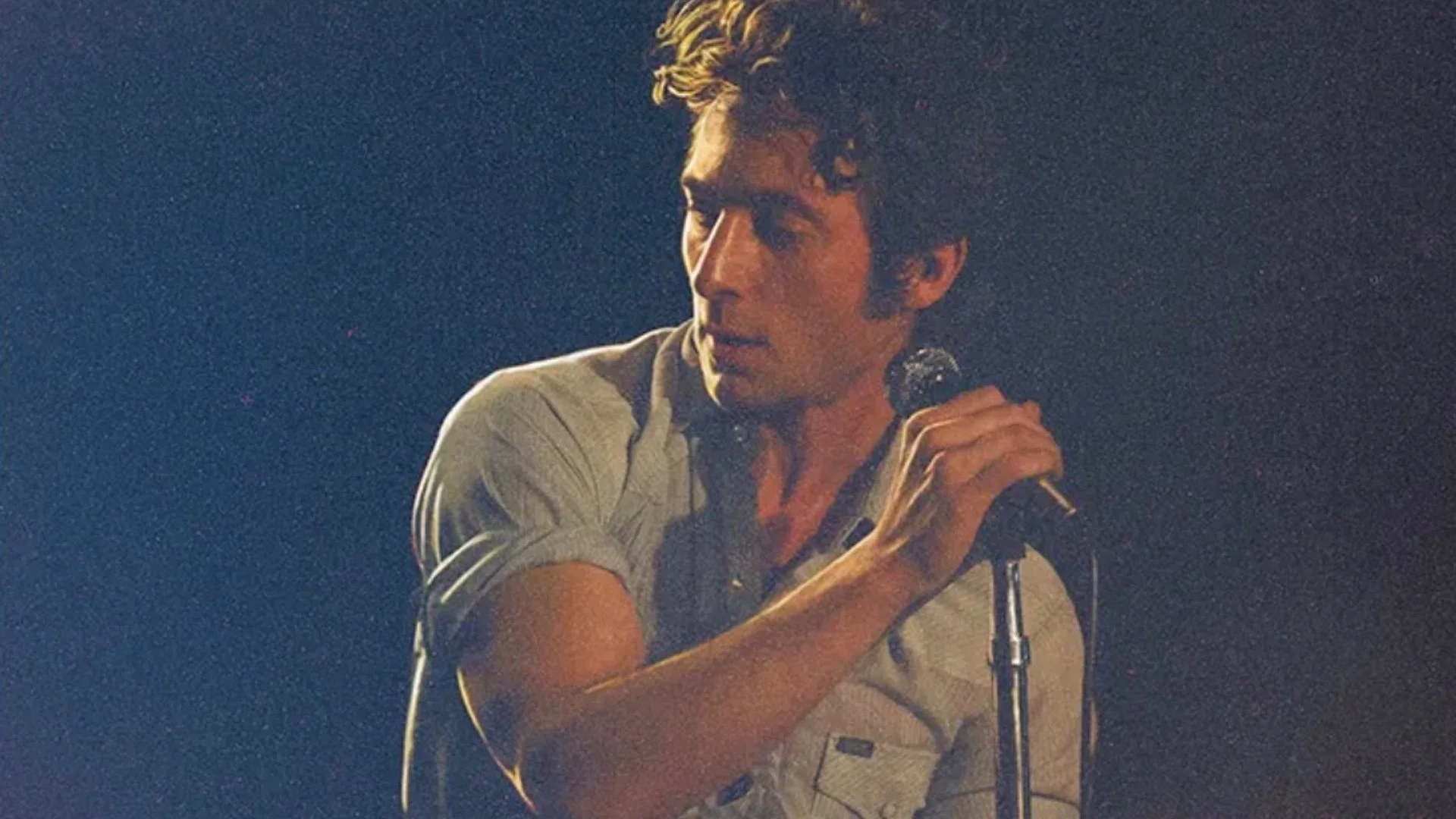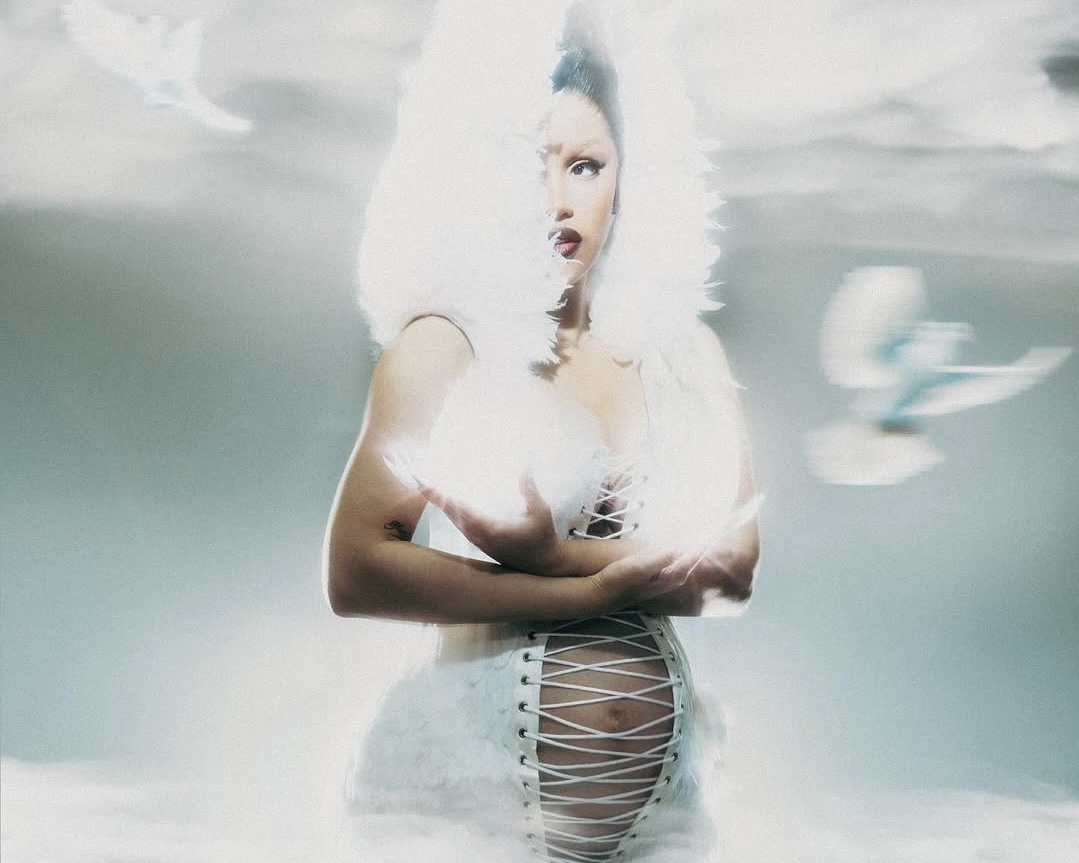Have you stopped drinking alcohol and would like to testify? Write to us at [email protected] with the subject “Sober testimony”.
Having given up alcohol on January 8, 2022, I take this opportunity to tell you a little about my journey as an alcoholic. We are no longer afraid of words, because saying them out loud is liberating.
“Hangovers are very accepted, even glorified, in our society.”
I started drinking “normally” in high school, at night, I was a big party girl and remained that way throughout my twenties. I never knew how to drink in moderation and I loved the feeling of being drunk. I didn’t know it at the time, but I had borderline personality disorder: life, emotions, relationships, everything was painful. I had some coping systems in place that basically consisted of being extremely controlled when I wasn’t drinking and drinking to excess to finally let go.
I was a functional alcoholic, meaning it didn’t prevent me from working, from “functioning,” and since hangovers are very accepted, even glorified, in our society, I played a few jokes on them and it went very well.
When Drinking Stopped Being So “Fun”
When I was thirty, I realized that something was wrong. Sure, I didn’t drink in the morning, or every day, but I drank alone: it started with a small glass of wine in front of a movie, then the whole bottle, twice a week, during the week, then drinking before/during/after the evening, then on Sunday at lunch, turning off my cell phone so no one would notice that on Sunday I was drinking alone.
Then in the summer there were hangovers every other day. Drinking was no longer fun.
Between the moment I understood that I had to stop and the moment I stopped, several years passed, the time to learn about the mechanisms of addiction, to read and listen to testimonies of alcoholic women, to realize the reality of my consumption, to realize that I had borderline personality disorder and therefore to go to therapy to recover and finally to let my therapist say out loud “I think I’m an alcoholic”.
I had done the blood tests and the results were perfect, I said to myself “ok but for how long? How long will my body last?”
I drank a lot over the Christmas holidays, which didn’t really go very well, and on January 1st I promised myself I would slow down, but during the week I was going out all the time and had a hangover every other day. On January 8th at 2 pm I finished a stout from the party the day before and said to myself “Okay. We’ll try to have a dry January again… or at least a week without alcohol.
For Laurie it all started with a dry January
A week became a month, then two months, then six, then a year, then two, and today 32 months.
I stopped “alone” but above all I immediately told everyone: family, friends, colleagues, bar owners and of course my therapist. What has changed? Everything. My anxiety has decreased significantly, I no longer suffer from insomnia, I manage my emotions much better and I have more money.
Quitting drinking means questioning your identity, your relationships and your choices.
But sobriety is also a profound change in one’s identity (who are we without alcohol when we have spent our adult life drinking?), in our relationships, in our choices. Sobriety is just the beginning of the journey. I am aware that I can go back at any moment, I am hyper vigilant, perhaps too much at this moment, but if I no longer have my sobriety, I have nothing left. I could write about it for pages and pages because it fascinates me so much.
I started a small Instagram account @jesaispasquoiboire to show people who want to slow down or stop drinking that there are many alternatives, and I can attest to that.
Even after more than two years I still think about alcohol, sometimes I dream about it and wake up with my heart pounding, just long enough to realize that no, I haven’t given up.
I often think of this addict phrase: “The bad news is that we lost the war. The good news is that the war is over.”
How Others View Alcoholism and Alcohol Abandonment
When I announced my alcoholism, it was the hardest thing for my parents: it took my mother a long time to understand and accept that I was an alcoholic, especially because I didn’t “look” like the idea she thought of an alcoholic.
I’m not entirely sure he still believes me today, but he supports me in my approach and that’s the most important thing. My dad supports me too, but to a certain extent my sobriety has sparked some arguments that ultimately have more to do with him and him than me and him.
Overall I was supported by those around me, at least in principle, but this changed my relationships with some people, especially relationships based on going out and partying.
I have mourned my relationships with certain people and/or told myself that the relationship we had before sobriety would never come back, this made me very sad and was a difficult time, but today I accept it.
A few people made fun of me or pressured me to drink, and I don’t see them anymore. Most importantly, speaking openly about my alcoholism has allowed friends to reflect on their own drinking, and some have cut back or even quit.
Overall, the people who care about you support you because they want you to be okay, but they support you to their limits, which is already pretty good. And I don’t see people who don’t support me anymore, they’re a minority. I myself have been that person who pushes people to drink, to take one last sip, to say “oh you’re not funny”, because I couldn’t stop and I didn’t want to be the only victim of my downfall. So, I understand them, somewhere.
Stop Drinking and Maintain Social Connections
As soon as I quit, I continued to go to bars so as not to cut myself off from social ties. The only difference was the drink I had and the time I got home. Then I found that I was less interested in just going out to a bar. I think (I hope) that people perceived me in a positive way.
I met people after I got sober who had never seen me drunk, and navigating between those two identities was pretty tricky, but being recognized as the person who doesn’t drink helped a lot. I also realized that there were a lot more people who drank little to nothing than I thought.
Because I was constantly drinking, I thought everyone else drank as much as I did.
For the work aperitif I brought some nice non-alcoholic drinks (wines, beers, syrups, sparkling wines, etc.) that I placed on a dedicated and well-identified table. I have been told before that I am too extreme or too uncompromising in my sobriety because I only drink “0.0” drinks, that is, without any trace of alcohol, and I do not eat dishes cooked with alcohol (“But the alcohol evaporates during cooking, all that remains is the taste!” Exactly :-)) In the end, only I know what alcohol has done to me, and only I know what I risk.
I consider myself very fortunate because my decision was generally well received and I was supported by those around me. This is not the case for everyone, for example in families where alcohol is an institution, or when you have created a group of friends or relationships linked only by alcohol, with whom you do not share much else. There are support groups, outside of AA, but also a community that is growing on social networks.
To testify about Madmoizelle, write to us at:
[email protected]
We look forward to reading from you!
Do you like our articles? You will love our newsletters! Subscribe to this page for free.
Source: Madmoizelle
Mary Crossley is an author at “The Fashion Vibes”. She is a seasoned journalist who is dedicated to delivering the latest news to her readers. With a keen sense of what’s important, Mary covers a wide range of topics, from politics to lifestyle and everything in between.





